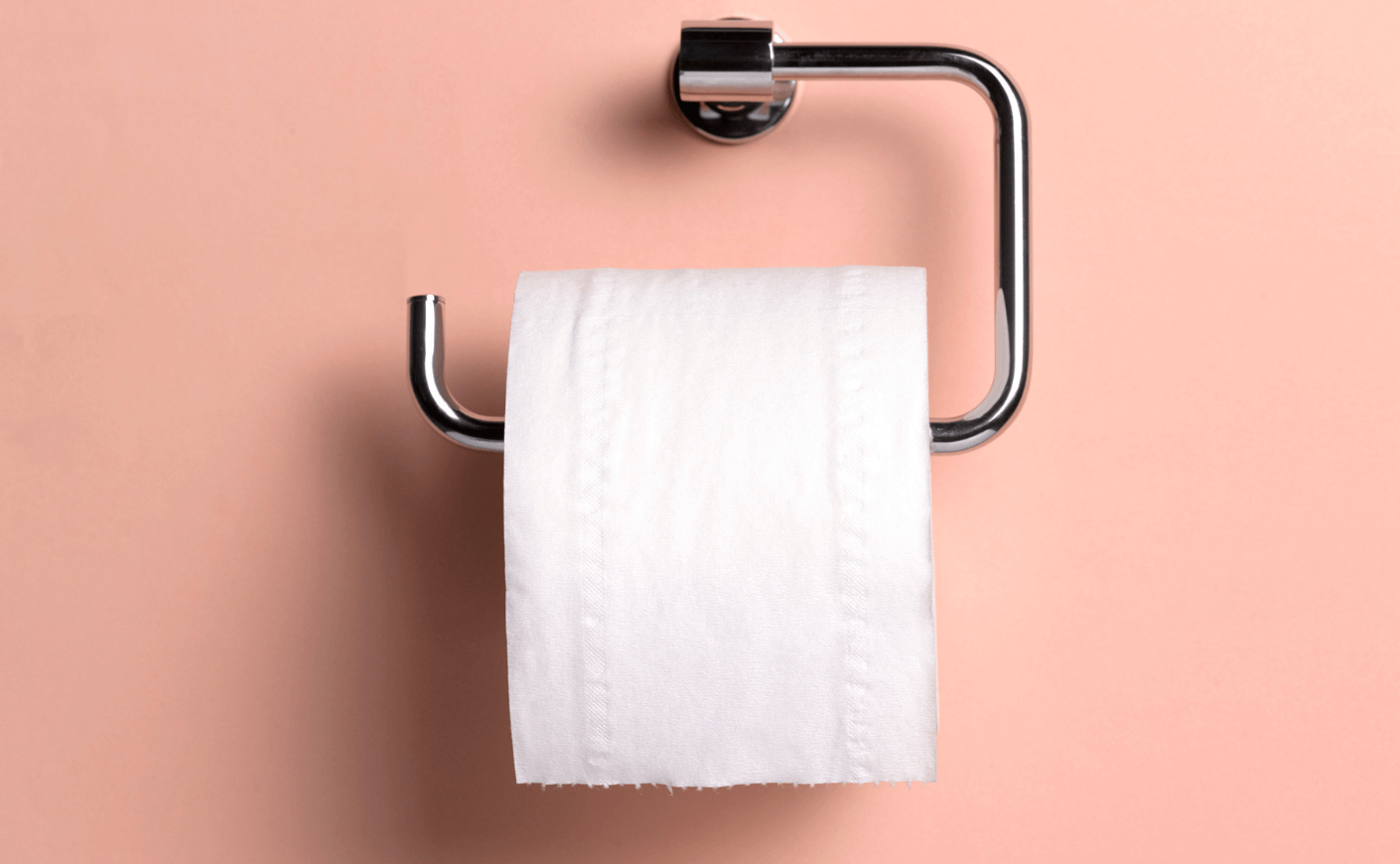Austin Chiang, MD, wants to talk sh*t — literally.
Dr. Chiang is a gastroenterologist whose funny and easily digestible videos about the digestive system have made him TikTok famous, and he's written a book. Gut: An Owner’s Guide is all about gut health, from the basics of how our body breaks down what we put into it to the — ahem — end result.
You can learn a lot about your overall health from your stool, Dr. Chiang tells us. But many of us don’t give it the attention it's due and a lot of us, understandably, don’t want to spend much time talking or thinking about poop. As a result, there’s a lot of confusion and misinformation out there about this simple bodily substance. Fortunately, Dr. Chiang is cutting through the crap, so to speak.
He shares how often you should be going, what a stool’s consistency says about your gut, and the one thing you should have by your toilet for a better exit experience.
Katie Couric Media: How often should we be having bowel movements? What’s considered normal?
Dr. Chiang: Some people have a bowel movement every two or three days, and others have three bowel movements a day. That’s all within the range of normal. I would say that it’s more about your baseline: If you’re used to going multiple times a day and then notice that you’re going way less frequently all of a sudden, that’s when you should talk to your doctor.
Why do some of us “go” more often than others?
Certain types of food might stimulate your gut to move faster. Like if you’re a regular coffee drinker, your gut will move more quickly and that could be contributing to the frequency. Plus, people are literally wired differently, as in the nerves in their digestive systems that may signal their bowels to move faster or slower.
What about consistency: How firm should your poop be?
A scale was developed in the 90s called the Bristol Stool Chart, which grades firmness on a scale of one to seven. Type one is a stool that appears as separate hard lumps that are hard to pass, while type seven is a stool that’s completely liquid. What we’re usually aiming for is types three or four, which are both shaped like sausages that are either smooth or with cracks on the surface.
You write about how most of us, at least here in the U.S., aren’t pooping in the optimal position. Can you explain?
There are a few companies out there now that make what are essentially footstools to rest your feet on while you use the toilet. They position your pelvic muscles in such a way so that they naturally loosen up. Typically, these muscles — specifically the puborectalis muscle — tense up to prevent fecal incontinence. But when your knees are raised higher than your hips, that muscle relaxes, allowing the rectum to more easily release stool.
I think anyone who’s tried these footstools can attest to the fact that they really do help.
Colonics seem to be coming back in vogue. What do you think about this alternative therapy?
In my opinion, a colonic isn’t a good idea, because first and foremost, your colon cleans itself out anyway. And even if you find some temporary relief because you feel flushed out, that only lasts until your next meal. So you’re chasing a solution to a problem that you’ll never be able to fix completely.
In our field, the main concern when it comes to colonics is that the people performing this procedure aren’t medically trained; they’re not even able to look inside [the colon] as they’re delivering the procedure. Plus, in some cases, they’re infusing large volumes of water into the colon which could throw off the balance of an individual’s electrolytes and be possibly life-threatening. From our standpoint, there’s no benefit whatsoever in getting it done.
Why is it important to pay attention to our poop?
Everyone poops, and it’s important not to shy away from looking at it, because sometimes it does give you clues about what’s happening in your body. When it comes to the color, the consistency, and the timing of your poop, any changes could potentially signal something more serious going on.
This interview has been edited for length and clarity.









